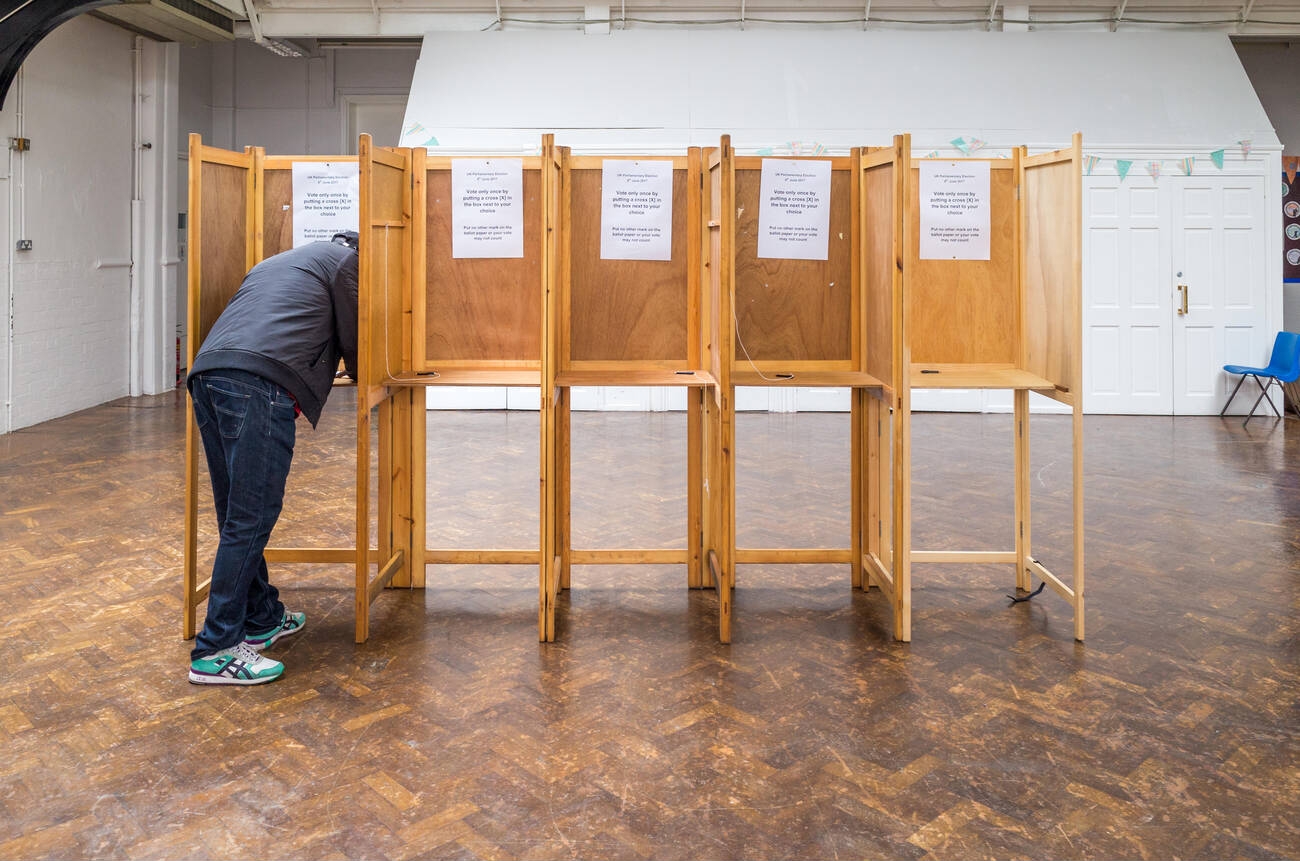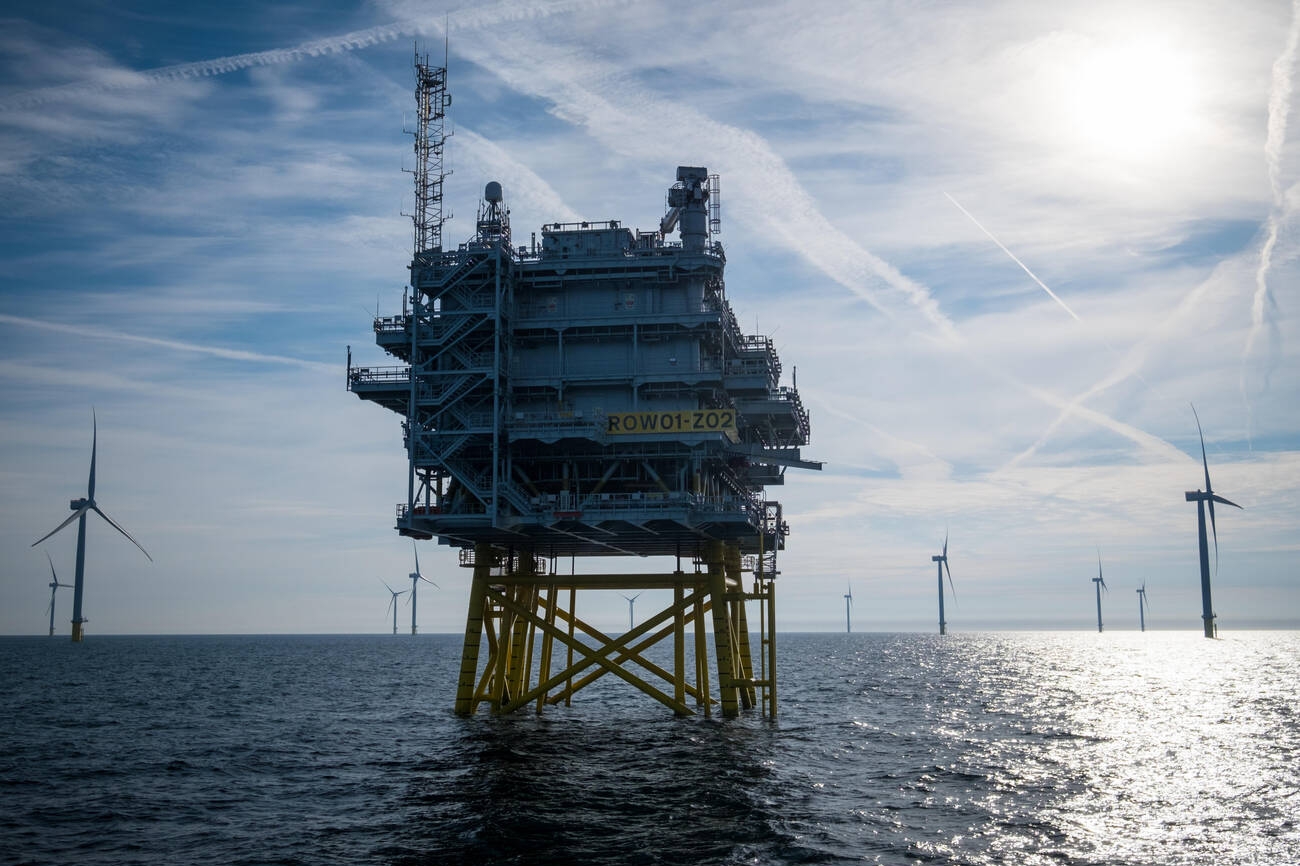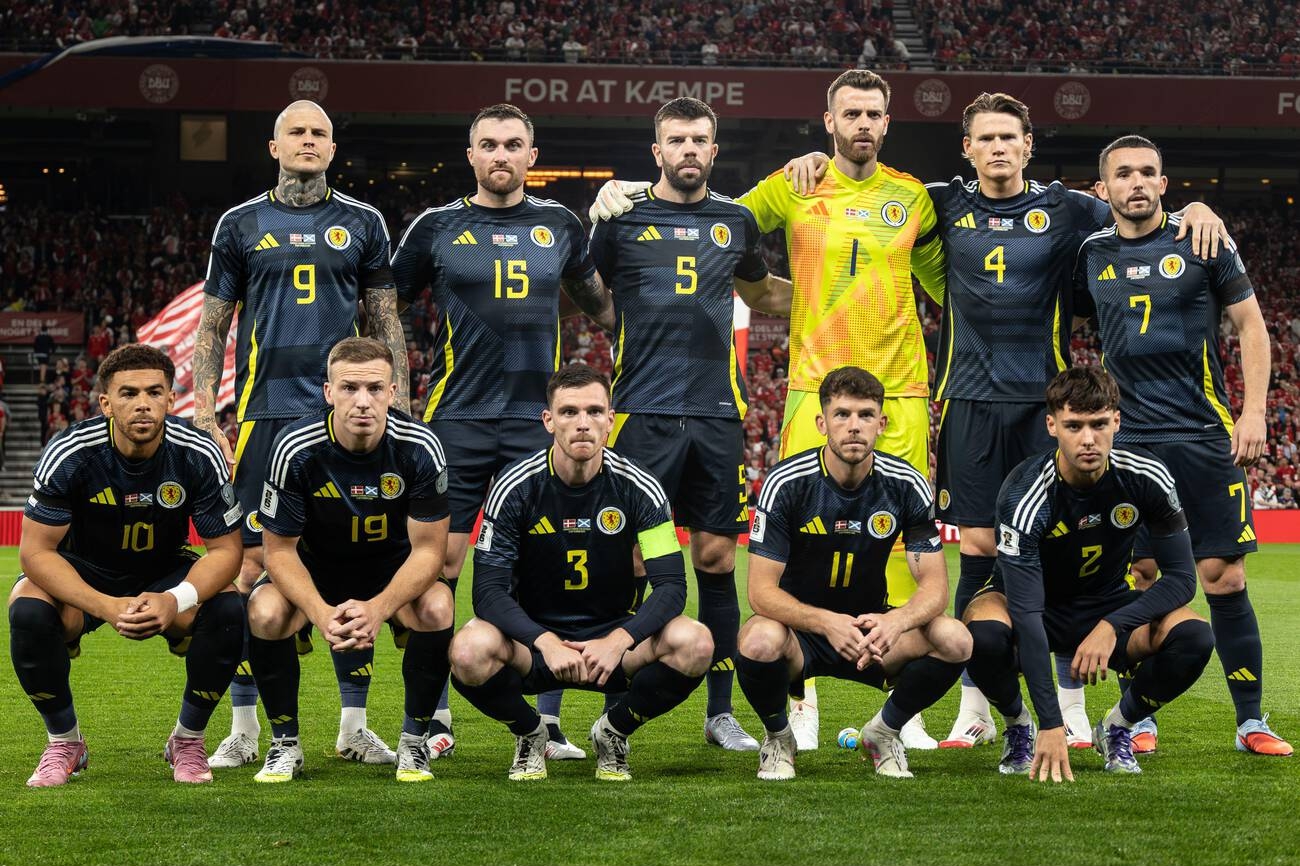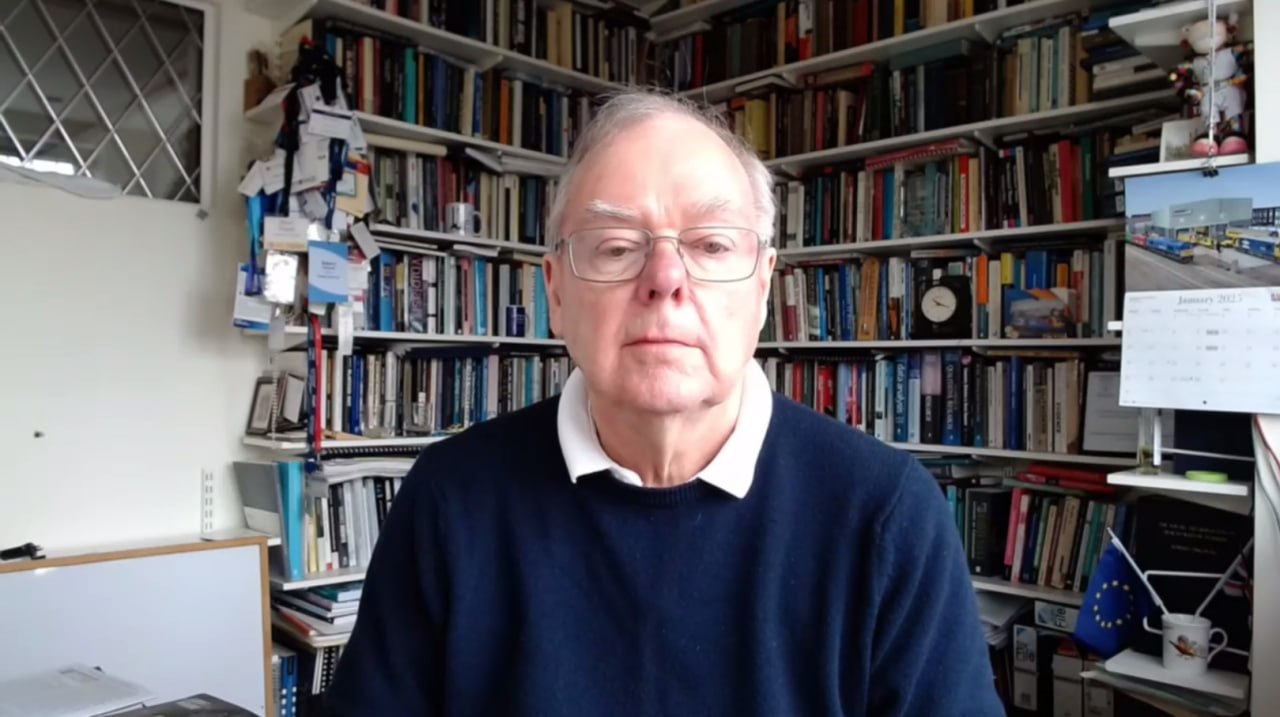UK Hits Russia with 100 Sanctions Over Ukraine War, Ian Williams Explain
In response to Russia’s ongoing war in Ukraine, the UK has announced 100 new sanctions targeting vital revenue sources

In response to Russia’s ongoing war in Ukraine, the UK has announced 100 new sanctions targeting vital revenue sources and military supply chains. As pressure mounts on Moscow, we speak with Ian Williams, Senior Fellow at Foreign Policy in Focus, for a deeper look at the real-world impact of sanctions—on Russia, the UK, and the global order. Williams draws on history, geopolitics, and economic trends to unpack what these measures may achieve, and what risks they carry.
1-How effective are sanctions in changing a country’s behavior, particularly in the case of Russia? Are there historical examples that suggest they work—or fail?
Sanctions can be used to send a warning, an admonition, to other countries. They can also be used to target a country’s ability to make and continue, that includes pressuring the civilian population to oppose the war. Such sanctions can have an effect gradually – the economic siege of imperial German was surely a significant factor in ending German war-capability, causing and reinforcing the actual military defeats on the Western Front.
2- What potential repercussions could these sanctions have on the UK economy, including trade, energy prices, or inflation?
In the case of Russia, the West’s refusal to suffer any economic pain has reduced the effect of sanctions. European purchases of Russian gas and oil not only boost Moscow’s war chest, but make it hard for the West to persuade India and China to sacrifice their own economic advantage by joining a Western economic siege of Russia. Those difficulties have been exacerbated by US attempts to force others to impose sanctions for causes that are not shared by much of the rest of the world: Cuba, Iran and opponents of Israel for example. The effect has been to encourage, for example, the building of the BRICS coalition, whose sole unifying factor is to escape US financial hegemony, which is increasingly based on historical technical control of banking machinery rather than economic or industrial superiority.
3- Could these sanctions strain the UK’s relationships with other nations that have significant trade ties with Russia? How might allies respond?
The sanctions have proven to be somewhat effective in terms of technology, but the US and the West are tied into relations with others in the supply chain, who clearly do not share Western antipathy to Russia’s war and are after all successful because of capitalism- electronic companies are in it to make money and with easily fungible products like micro components, we can be sure that the chips will get through!
4- Do you think targeting Russia’s “shadow fleet” and military supply chains will meaningfully affect their military operations? Why or why not?
Add to paragraph before last, vindictive sanctions that the West imposed on Iraq devalued them morally and in the end they collapsed because most other countries refused to apply them in the face of civilian suffering. Countering Madeleine Albright, they decided that the price was not worth paying. On the other hand sanctions against South Africa had global support and were effective because they affected the ruling whites, in terms of well being isolation and consequent morale. It is worth noting that the major holes in the sanctions wall against Apartheid were Israel and the Shah’s Iran.
5-To what extent can sanctions coexist with diplomatic efforts? Are there risks that sanctions could escalate tensions rather than encourage negotiation?
In contrast, even to imperial Germany, on the one hand Putin has a lot of tolerance for the pain of ordinary people, and on the other hand a petro-economy has the revenue to maintain living standards for the urban constituencies most likely to cause trouble..Hitting that, through curbs on the shadow fleet makes sense – and for the Ukrainians it makes sense to hit the pipelines like Nordstream despite the Europeans, who after all have been paying for Putin’s war.
6- What might be the long-term consequences of these sanctions on Russia, Ukraine, and global markets? Could they set precedents for future conflicts?
So long term, the expedient application of sanctions previously has fostered political resistance to sanction, while the current Western refusal to make sacrifices has built up immunity, as in the BRICS. The long term effects will be to diminish US control of the banking system and accelerate the dollar’s role as the reserve currency in the world. In contrast I cannot resist adding, sanctions on Israel would much more immediately effective because of its dependence on the rest of the world – and a fungible population that has hitherto been cosseted by Western subsidies and free access to Western markets.









